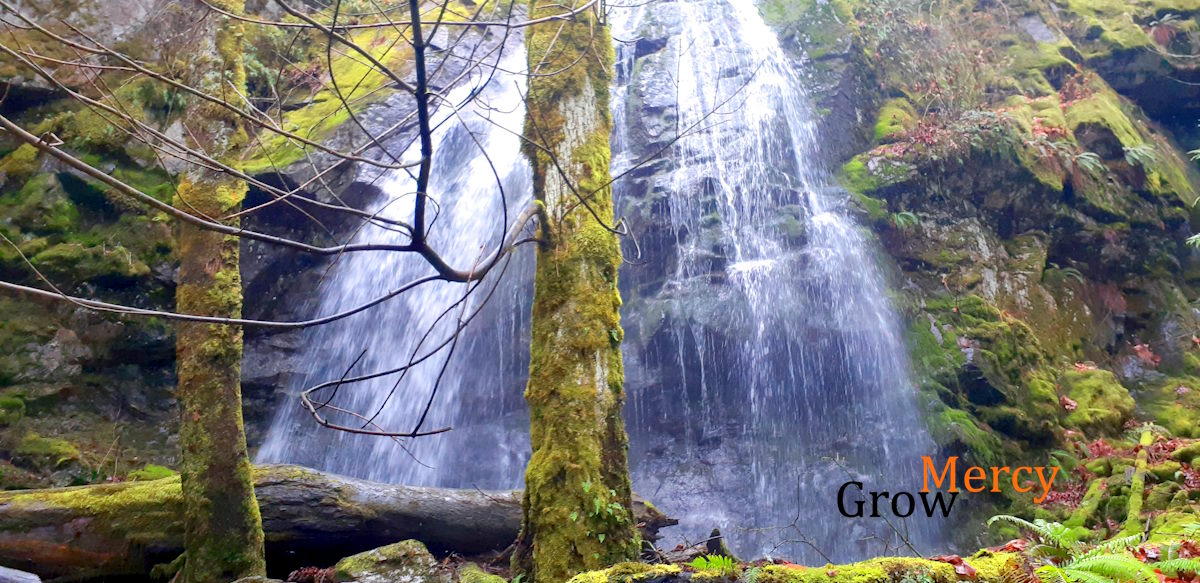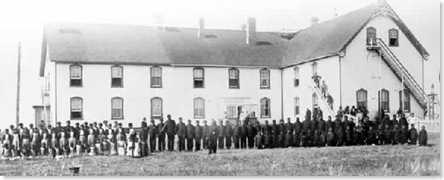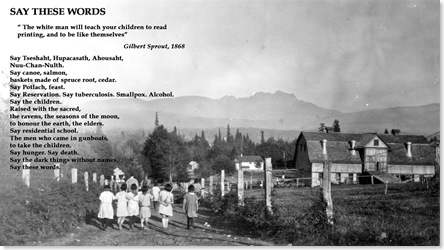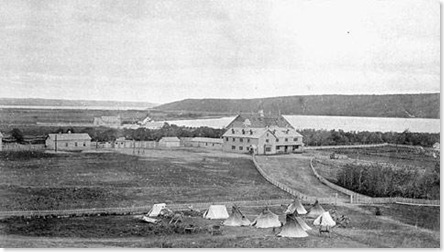On a highway outside of Edmonton is a large sign that says, “Farmers feed cities.” It’s a reminder worth more than a billboard because we do forget this fact, or we take it for granted, which is a form of forgetting. What’s more is that in a world ruled by financial and corporate institutions, a farmer, even a farmer who farms on a corporate level, is still at the lower end of the mercantile caste. That is, upon the grand estate of commercial enterprise, farmers live in the servant quarters. But this old work hierarchy holds true in social and religious spheres as well.
 It’s almost a tedious thing to be reminded about the real intrinsic worth of all honest work…because even while we give it a nod, too few of us believe it at depth. But what if we did believe it, absorb it? Wouldn’t it have a modifying and humanizing effect upon our social structures? Wouldn’t it soften the hard edges of our competitive proclivities?
It’s almost a tedious thing to be reminded about the real intrinsic worth of all honest work…because even while we give it a nod, too few of us believe it at depth. But what if we did believe it, absorb it? Wouldn’t it have a modifying and humanizing effect upon our social structures? Wouldn’t it soften the hard edges of our competitive proclivities?
I’m not saying that all work is alike, or should be rewarded in the same fashion. And I suppose, on some level, especially today, not all work is essential. But what is true is that any work that adds something to the flower-bed of humanity–that place of curiosity and surprise, where not everything that looks useful is, and where many of the things that seem useless are not–is ultimately indispensable and valuable and worthy of respect. It’s this important bit of gleaning that I didn’t truly get.
In my case it’s taken me a long time to realize that working in a grain elevator–something that I did for 12 years before my near score of years at a mission–was truly of worth. Not that I saw it as demeaning, it was just, I thought, a low rung on the vocational ladder. But beyond this, I had ingested the churchly-message that buying grain was something less spiritual therefore less valuable.



